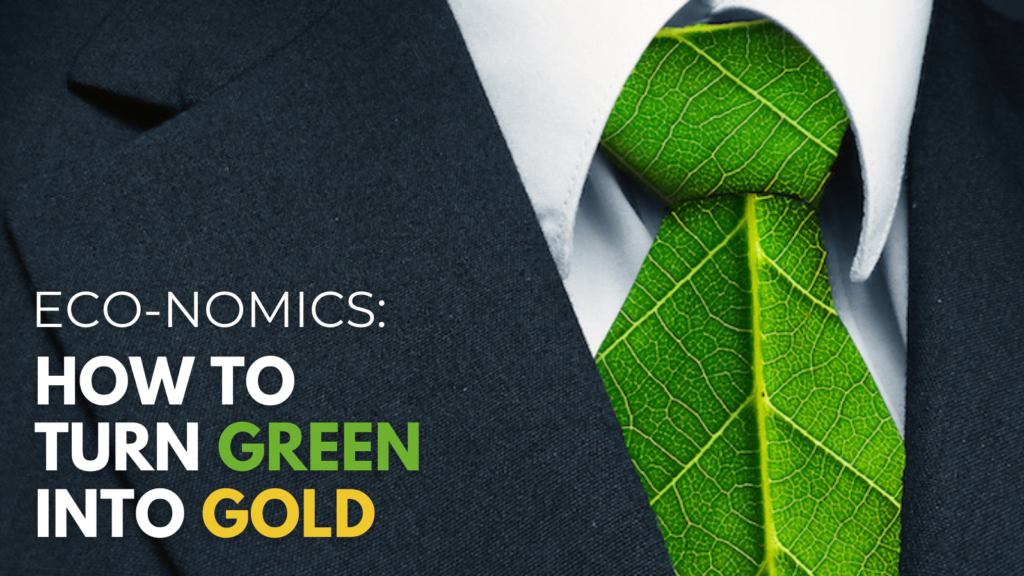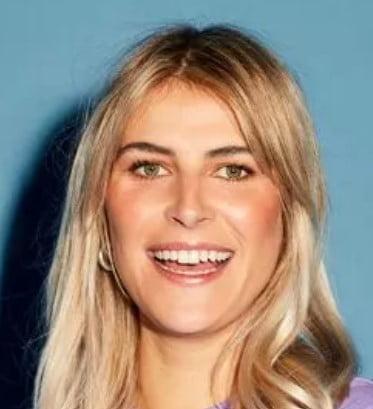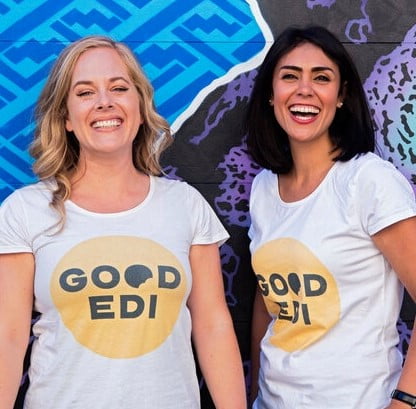
“The greatest threat to our planet is the belief that someone else will save it.” – Robert Swan
Green is officially in. The old-school corporate mindset of profit before the planet has finally been relegated to the recycle bin, giving way to a genuine determination to create positive change. But long-term sustainability means more than just upsizing your recycling bin. It means committing to meeting today’s needs without compromising the ability of future generations to meet theirs. The good news is, improving your impact on the world doesn’t just benefit your kids and grandkids, it benefits your business too. We’ll show you how you can do good and do well at the same time, and introduce you to two Aussie businesses turning green into gold.
In a world where 80% of the global economy is now subject to a net zero emissions target, sustainability standards aren’t just fluffy aims your organisation aspires to – they’re benchmarks it will be judged by. And they can be the difference between success and failure.
Research shows that sustainability is important to nearly 80% of consumers, all keen to do their part in the fight against global warming. And they’re actively choosing sustainable and ethical brands. In fact, 70% are even willing pay a whopping 35% premium for them.
The problem is, while 90% of executives agree that environmental, social and governance (ESG) standards (used to evaluate social and environmental impact) are important, only 32% of companies actually have a strategy in place to achieve them.
Has your business got a clear plan to improve sustainability measures? How will you provide long-term value to consumers and investors without damaging the environment – or the people in it?
We’ve got some ideas for you…
Five sustainability actions your business can take
1. Energy efficiency: Consider energy-saving measures such as installing LED and sensor lighting, smart thermostats and energy-efficient appliances. Also think about investing in renewable energy sources like solar panels to power your operations – it not only reduces your dependence on fossil fuels, but can also lead to long-term cost savings!
2. Waste reduction: Did you know that Australia produces nearly 2.6 million tonnes of plastic waste every year? Easy waste reduction strategies include minimising single-use plastics, providing recycling or compost bins and educating employees about proper waste disposal. Consider the lifecycle of the products your business uses too, and prioritise eco-friendly packaging. Also think about reusing materials and repurposing waste to reduce your environmental impact – after all, the best way to keep waste out of landfill is by never sending it there in the first place!
If you’re looking for some more inspiration, tune into Series 3 of War on Waste, presented by Craig Reucassel (8:30 pm on ABC TV and ABC iview). This thought-provoking documentary series looks at the staggering truths about rubbish and recycling in our country, and introduces innovative ways Aussies are managing waste. Planet Ark’s War on Waste Toolkit for Business is also a great resource to get you started.
3. Sustainable supply: Optimise your supply chain to minimise transportation emissions and environmental impacts, and try sourcing materials locally where possible to reduce transport distances. Only work with suppliers that follow strict sustainability and ethical practices too – make sure they stand up to your claims… greenwashing is not cool!
4. Greener practices: Consider adopting green building practices to reduce your greenhouse gas emissions, conserve water and prevent pollution. Using sustainable building materials, incorporating natural lighting and ventilation, implementing water-saving fixtures and landscaping to minimise water usage – they’re all fantastic ways to get a little greener. You’ll also benefit from lower operating costs, increased property value and a much healthier place to work! The Green Star sustainability rating system provides formal accreditation, and is an excellent source of information.
5. Your employees: Educate employees about the company’s sustainability goals and how their individual efforts can contribute. Workshops with external sustainability speakers, webinars and internal communication campaigns can foster understanding and enthusiasm, while involving employees in sustainability initiatives such as volunteer programs can help them appreciate the role sustainability plays. And if it fits your business model, encourage remote work – after all, we’re pro’s at using video conferencing and other digital tools now! And less commuting means less cars on the road, less traffic, less co2 emissions and less strain on public transport.
Aussie businesses making a difference
While there’s been an encouraging rise in big brands like Intrepid Travel, Patagonia and Ben & Jerry’s achieving BCorp status, there are also many clever eco-minded Australians doing their bit to help the environment.

Great Wrap: Great Wrap is a materials science company on a mission to end the human reliance on traditional plastics. Julia Kay co-founded Great Wrap with her husband Jordy Kay, with the aim of using material innovation to design their way out of the plastics pandemic we’re living through.
With products including compostable pallet wrap for businesses and compostable cling wrap for homes, Great Wrap hopes to reduce the 150,000 tonnes of stretch wrap Australians send to landfill every year. Julia believes that no one wants to actually cause more harm than good – it’s simply that the world of packaging is intimidating for businesses and consumers. “By creating more compostable solutions, we are making it easier for people and businesses to adopt materials that aren’t destined for landfill.” Julia says.

Good Edi: Another local brand out to prove that small business can make a big difference is Melbourne start-up Good Edi, founded by Catherine Hutchins and Aniyo Rahebi. With more than 20 years’ experience in food processing and packaging, Good Edi was born out of a shared passion for sustainability, big ideas and really good coffee.
While they cherished their daily grind, it just didn’t sit right with the girls that the disposable cups they used were sent to landfill along with 2.7 million others every single day. So they set out to fix the problem, creating the world’s first 100% waste-free coffee cup that’s good for the planet, and tasty to boot. Made from ethically sourced, grain-based vegan ingredients, the cup can be eaten (it tastes like a waffle cone) or thrown into compost or general rubbish where it breaks down naturally in just a few weeks. It’s a tasty solution to minimising waste that coffee roasteries and café owners have been keen to jump onboard with.
In the end we’re all contributing to climate change. Every single one of us. And while the level of our impact varies, we all have a part to play in fixing it. From energy efficiency, waste reduction and sustainable supply chains to green building practices and employee education, your business has a huge opportunity to rewrite the playbook. And when the benefits include not just significant cost savings but customer and investor loyalty, putting the planet first isn’t just better for your brand, it’s better for your bottom line too.
There’s no doubt that the rules of success have changed. And as the ancient proverb goes, “When the winds of change blow, some people build walls, others build windmills” – it’s time to get out there and build some windmills!
Whether your business is big or small, there’s plenty you can do to reduce your impact on the environment. We have some of the cleverest minds in sustainability ready to share their own inspiring journeys, and help your team understand the part they can play in the bigger picture. If you’d like us to introduce you to any of our specialist sustainability speakers, including Catherine Hutchins and Aniyo Rahebi from Good Edi, Julia Kay from Great Wrap and Craig Reucassel from War on Waste, simply get in touch with us for a chat!
